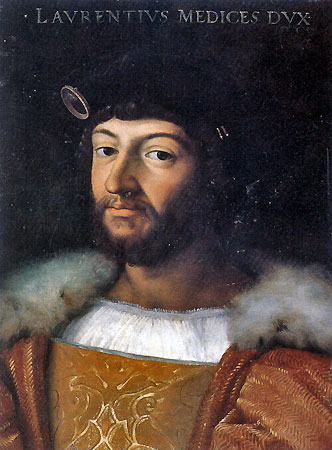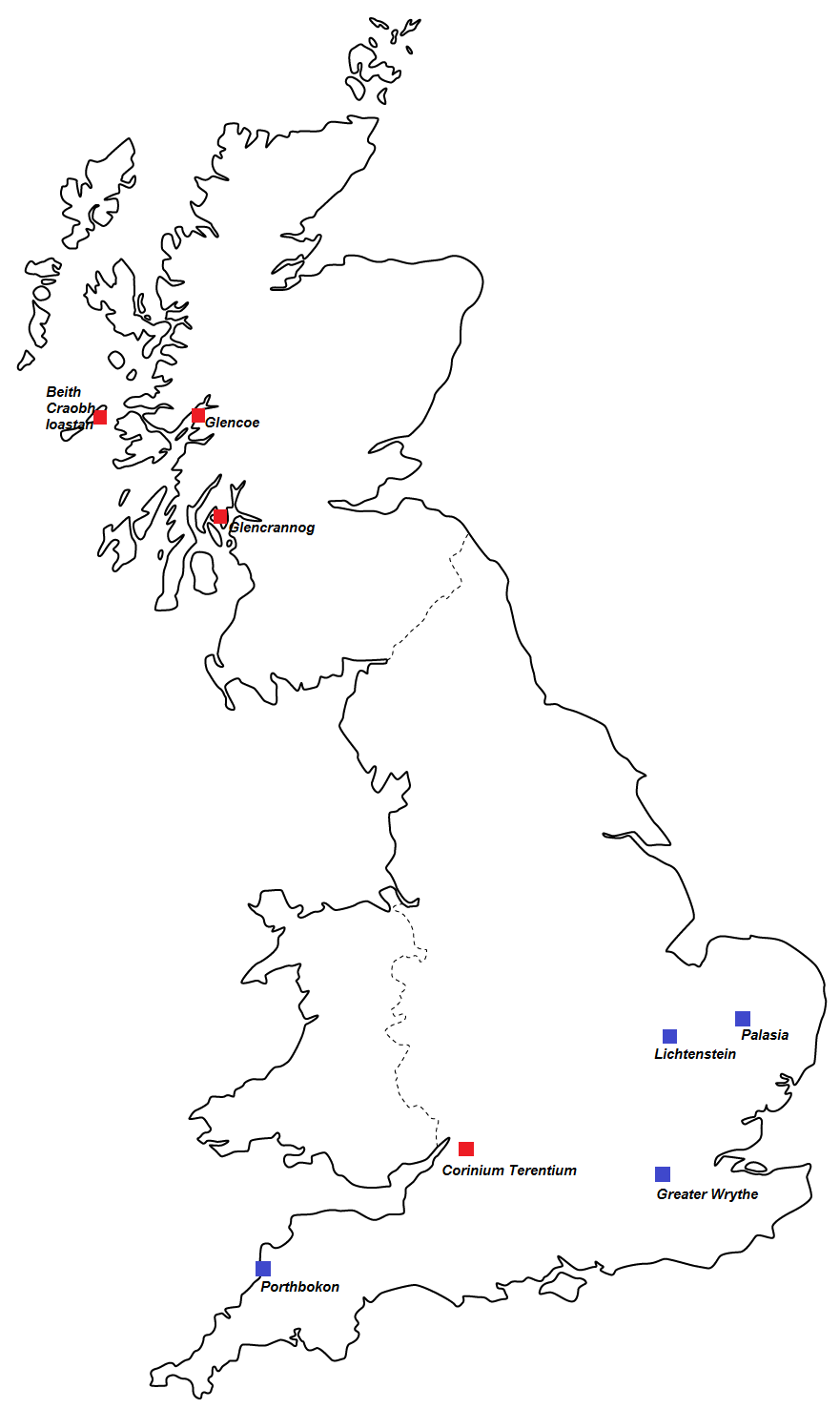|
Political Treatise
''Tractatus Politicus'' (''TP'') or ''Political Treatise'' (''PT'') was the last and incomplete treatise written by Baruch Spinoza. It was written in 1675–77 and published posthumously in 1677. This treatise has the subtitle, "''In quo demonstratur, quomodo Societas, ubi Imperium Monarchicum locum habet, sicut et ea, ubi Optimi imperant, debet institui, ne in Tyrannidem labatur, et ut Pax, Libertasque civium inviolata maneat''." ("In which it is demonstrated how a society, may it be a monarchy or an aristocracy, can be best governed, so as not to fall into tyranny, and so that the peace and liberty of the citizens remain unviolated"). Summary The Political Treatise has eleven Chapters: I. Introduction, II. Of Natural law (referring to his '' Theologico-Political Treatise''), III. Of the Right of Supreme Authorities, IV. Of the Function of Supreme Authorities, V. Of best State of Dominion, VI. to VII. Of Monarchy, VIII. to X. Of Aristocracy, XI. Of Democracy. As in Arist ... [...More Info...] [...Related Items...] OR: [Wikipedia] [Google] [Baidu] |
Baruch Spinoza
Baruch (de) Spinoza (24 November 163221 February 1677), also known under his Latinized pen name Benedictus de Spinoza, was a philosopher of Portuguese-Jewish origin, who was born in the Dutch Republic. A forerunner of the Age of Enlightenment, Spinoza significantly influenced modern biblical criticism, 17th-century rationalism, and Dutch intellectual culture, establishing himself as one of the most important and radical philosophers of the early modern period. Influenced by Stoicism, Thomas Hobbes, René Descartes, Ibn Tufayl, and heterodox Christians, Spinoza was a leading philosopher of the Dutch Golden Age. Spinoza was born in Amsterdam to a Marrano family that fled Portugal for the more tolerant Dutch Republic. He received a traditional Jewish education, learning Hebrew and studying sacred texts within the Portuguese Jewish community, where his father was a prominent merchant. As a young man, Spinoza challenged rabbinic authority and questioned Jewish doctrines, leadi ... [...More Info...] [...Related Items...] OR: [Wikipedia] [Google] [Baidu] |
Form Of Government
A government is the system or group of people governing an organized community, generally a state. In the case of its broad associative definition, government normally consists of legislature, executive, and judiciary. Government is a means by which organizational policies are enforced, as well as a mechanism for determining policy. In many countries, the government has a kind of constitution, a statement of its governing principles and philosophy. While all types of organizations have governance, the term ''government'' is often used more specifically to refer to the approximately 200 independent national governments and subsidiary organizations. The main types of modern political systems recognized are democracies, totalitarian regimes, and, sitting between these two, authoritarian regimes with a variety of hybrid regimes. Modern classification systems also include monarchies as a standalone entity or as a hybrid system of the main three. Historically prevalent ... [...More Info...] [...Related Items...] OR: [Wikipedia] [Google] [Baidu] |
Political Philosophy
Political philosophy studies the theoretical and conceptual foundations of politics. It examines the nature, scope, and Political legitimacy, legitimacy of political institutions, such as State (polity), states. This field investigates different forms of government, ranging from democracy to authoritarianism, and the values guiding political action, like justice, equality, and liberty. As a normative field, political philosophy focuses on desirable norms and values, in contrast to political science, which emphasizes empirical description. Political ideologies are systems of ideas and principles outlining how society should work. Anarchism rejects the coercive power of centralized governments. It proposes a stateless society to promote liberty and equality. Conservatism seeks to preserve traditional institutions and practices. It is skeptical of the human ability to radically Social change, reform society, arguing that drastic changes can destroy the wisdom of past generations. Li ... [...More Info...] [...Related Items...] OR: [Wikipedia] [Google] [Baidu] |
Form Of Government
A government is the system or group of people governing an organized community, generally a state. In the case of its broad associative definition, government normally consists of legislature, executive, and judiciary. Government is a means by which organizational policies are enforced, as well as a mechanism for determining policy. In many countries, the government has a kind of constitution, a statement of its governing principles and philosophy. While all types of organizations have governance, the term ''government'' is often used more specifically to refer to the approximately 200 independent national governments and subsidiary organizations. The main types of modern political systems recognized are democracies, totalitarian regimes, and, sitting between these two, authoritarian regimes with a variety of hybrid regimes. Modern classification systems also include monarchies as a standalone entity or as a hybrid system of the main three. Historically prevalent ... [...More Info...] [...Related Items...] OR: [Wikipedia] [Google] [Baidu] |
Tractatus Theologico-Politicus
The ''Tractatus Theologico-Politicus'' (''TTP'') or ''Theologico-Political Treatise'', is a 1670 work of philosophy written in Latin by the Dutch philosopher Benedictus Spinoza (1632–1677). The book was one of the most important and controversial texts of the early modern period. Its aim was "to liberate the individual from bondage to superstition and ecclesiastical authority." In it, Spinoza expounds his views on contemporary Jewish and Christian religion and critically analyses the Bible, especially the Old Testament, which underlies both. He argues what the best roles for state and religion should be and concludes that a degree of democracy and freedom of speech and religion works best, such as in Amsterdam, while the state remains paramount within reason. The goal of the state is to guarantee the freedom of citizens. Religious leaders should not interfere in politics. Spinoza interrupted his writing of his magnum opus, the ''Ethics'', to respond to the increasing intole ... [...More Info...] [...Related Items...] OR: [Wikipedia] [Google] [Baidu] |
Niccolò Machiavelli
Niccolò di Bernardo dei Machiavelli (3 May 1469 – 21 June 1527) was a Florentine diplomat, author, philosopher, and historian who lived during the Italian Renaissance. He is best known for his political treatise '' The Prince'' (), written around 1513 but not published until 1532, five years after his death. He has often been called the father of modern political philosophy and political science. For many years he served as a senior official in the Florentine Republic with responsibilities in diplomatic and military affairs. He wrote comedies, carnival songs, and poetry. His personal correspondence is also important to historians and scholars of Italian correspondence. He worked as secretary to the second chancery of the Republic of Florence from 1498 to 1512, when the Medici were out of power. After his death Machiavelli's name came to evoke unscrupulous acts of the sort he advised most famously in his work, ''The Prince''. He concerned himself with the ways a ruler ... [...More Info...] [...Related Items...] OR: [Wikipedia] [Google] [Baidu] |
Peace
Peace is a state of harmony in the absence of hostility and violence, and everything that discusses achieving human welfare through justice and peaceful conditions. In a societal sense, peace is commonly used to mean a lack of conflict (such as war) and freedom from fear of violence between individuals or groups. Promotion of peace is a core tenet of many philosophies, religions, and ideologies, many of which consider it a core tenet of their philosophy. Some examples are: religions such as Buddhism and Christianity, important figures like Gandhi, and throughout literature like " Perpetual Peace: A Philosophical Sketch" by Immanuel Kant, " The Art of Peace" by Morihei Ueshiba, or ideologies that strictly adhere to it such as Pacifism within a sociopolitical scope. It is a frequent subject of symbolism and features prominently in art and other cultural traditions. The representation of peace has taken many shapes, with a variety of symbols pertaining to it based on ... [...More Info...] [...Related Items...] OR: [Wikipedia] [Google] [Baidu] |
Jonathan I
The Empire of Austenasia is a micronation founded in 2008 in the United Kingdom. Operating under a constitutional monarchy, it consists of dozens of properties that have declared themselves independent under the leadership of a house in the London Borough of Sutton. Drawing from the medieval idea of '' Translatio imperii'', Austenasia claims to be a successor of the Roman Empire (specifically its later Christian phase) and has increasingly adopted Roman-themed elements such as Consuls and a Senate. Christianity was declared Austenasia's official religion in 2017. History Austenasia was founded on 20 September 2008 by Jonathan Austen (born 1994), a student, and his father Terry Austen (born 1961), a security guard turned gardener. After sending a declaration of independence for their house in Carshalton to their local Member of Parliament, Tom Brake, Terry was named Emperor and Jonathan was named Prime Minister. Terry abdicated in February 2010, and was succeeded by Emperor Esm ... [...More Info...] [...Related Items...] OR: [Wikipedia] [Google] [Baidu] |
Steven Nadler
Steven Mitchell Nadler (born November 11, 1958) is an American/Canadian academic and philosopher specializing in 17th-century philosophy. He is Vilas Research Professor and the William H. Hay II Professor of Philosophy, and was (from 2004–2009) Max and Frieda Weinstein-Bascom Professor of Jewish Studies at the University of Wisconsin–Madison. He is also director of their Institute for Research in the Humanities. Nadler has written extensively on Spinoza, Descartes and Cartesianism, and Leibniz, and engaged with medieval and early modern Jewish philosophy. Education and career Nadler received his B.A. from Washington University in St. Louis in 1980 and his M.A. and Ph.D. from Columbia University in 1981 and 1986. He has taught at the University of Wisconsin–Madison since 1988 and has been a visiting professor of philosophy at Stanford University, the University of Chicago, the Ecole des hautes études en sciences sociales and École normale supérieure in Paris, and t ... [...More Info...] [...Related Items...] OR: [Wikipedia] [Google] [Baidu] |
Natural Law
Natural law (, ) is a Philosophy, philosophical and legal theory that posits the existence of a set of inherent laws derived from nature and universal moral principles, which are discoverable through reason. In ethics, natural law theory asserts that certain rights and moral values are inherent in human nature and can be understood universally, independent of enacted laws or societal norms. In jurisprudence, natural law—sometimes referred to as iusnaturalism or jusnaturalism, but not to be confused with what is called simply ''naturalism'' in legal philosophy—holds that there are objective legal standards based on morality that underlie and inform the creation, interpretation, and application of human-made laws. This contrasts with ''positive law'' (as in legal positivism), which emphasizes that laws are rules created by human authorities and are not necessarily connected to moral principles. Natural law can refer to "theories of ethics, theories of politics, theories of civil ... [...More Info...] [...Related Items...] OR: [Wikipedia] [Google] [Baidu] |







